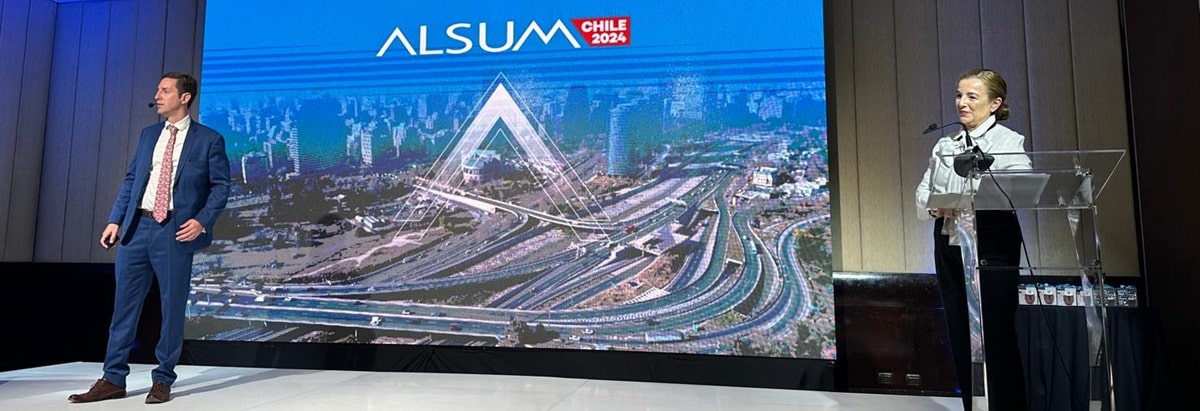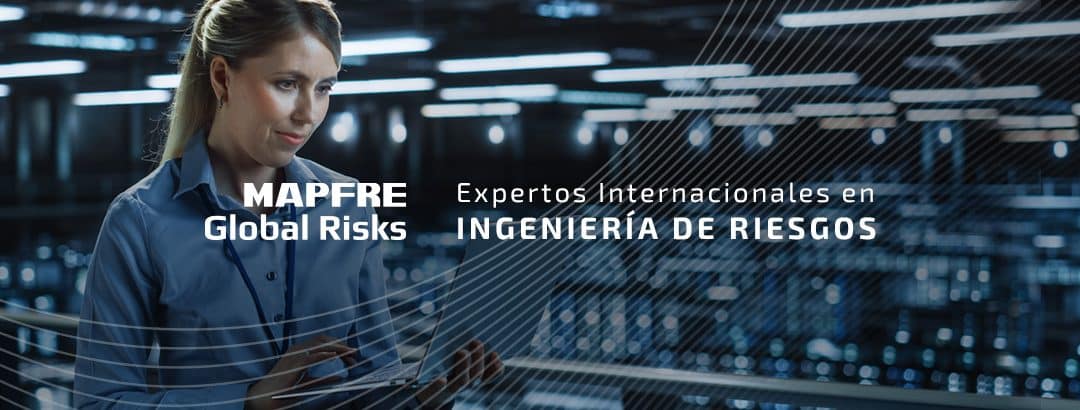Cristina Leon Vera | 14/11/2024
During the Alsum Latin American Maritime Insurance Congress, we learned about the internal challenge taken on by Ultranav—a shipping company with a large fleet and presence in 19 countries—that successfully managed to significantly reduce the number of claimable events.
Felipe Carrillo, Ultranav’s Head of Insurance and Claims, presented this interesting case study alongside Inmaculada Pinel, Senior Transport Underwriter at MAPFRE Global Risks. Our colleague emphasized the value of these industry gatherings, explaining, “They allow us to deepen our knowledge of maritime insurance from various perspectives,” and specifically, “the point of view of a risk manager and their importance in identifying, managing, and minimizing potential challenges that could have an impact on a company.”
Starting point: Identifying the problem
Ultranav operates in five primary areas: gas and chemical tankers, crude oil and refined product tankers, bulk cargo transport, cabotage and towing, and offshore services. Their risk management transformation began with their tugboat operations. “We had 80 vessels with a high incident rate that we couldn’t reduce—groundings, engine breakdowns, collisions,” Carrillo noted, adding that this affected their contractual relationship with their insurance company. “It made sense: statistically, incidents occur with a large fleet, but we couldn’t find a solution. We reached an average of seven hull and machinery failures per year, which is unacceptable,” he acknowledged.
At this point, Inmaculada Pinel asked Carrillo how the insurance company’s involvement makes a difference. He replied, “It pushes us to be better. Like a customer, they demand a safety standard that must be met,” aiming for mutual benefit.
To address the high incident rate, recognizing that the situation required a comprehensive intervention, they initiated an audit encompassing every link in the transport chain. This Operational Risk Review was designed to assess operational risks in most of the tugboat fleet, examining in detail the specific conditions and contexts in each country—Chile, Mexico, Colombia, Peru, Ecuador, Argentina, Uruguay. The process spanned more than six months and involved significant financial commitment, with the conviction that it would pay off. “We aimed to identify what we were doing wrong and correct it to avoid claims,” Carrillo explained.
Minor incidents, major changes
This comprehensive analysis spanned from onboard operators to the professionals planning routes. Pinel highlighted the importance of involving external agents in these audits, as their new perspective provides “a breath of fresh air” to established routines.
This rigorous, on-site study with the inspector’s fresh viewpoint helped reveal the root causes behind claims in Ultranav’s fleet. “We found both local and organizational issues at different levels. For example, it was common on tugboats to store flammable materials like paint near the engine room, which had led to fires on some occasions. We recommended their relocation,” Carrillo noted, adding the need to “return to basics and simplicity.”
After identifying these technical and operational issues, which in some cases led to costly accidents, they met again with senior management and an insurance company representative to implement “long-term” measures, adjust routines, and standardize processes. The changes impacted the entire organizational structure, representing a new corporate approach focused on risk prevention. Recognizing the limitations of internal audits, Ultranav “sought a specialized team” to oversee operations globally, monitor incidents, develop collective error-detection strategies, and implement effective corrections while capturing lessons to prevent recurrence company-wide. “A standardized process with incident logging,” summarized Carrillo.
 Corporate mindset shift
Corporate mindset shift
To achieve this transformation, Ultranav relied on advisory support from its insurance company, working jointly to change its approach to risk management within a traditional market and with a large workforce—two factors that presented additional challenges. “One of the greatest challenges was shifting the mindset; people are naturally resistant to change,” Carrillo explained. To address this, they developed leadership roles to guide the transformation at both the corporate level and aboard each vessel.
Since beginning this process, Ultranav has achieved nearly two years without claims. “Our objective is to maintain this record by staying responsive to specific needs in each context and updating risk management protocols,” Carrillo stated, as these protocols must adapt to factors like high international demand, environmental commitments, and digitalization of processes. Pinel praised the proactive spirit in risk management and once again thanked the Ultranav, emphasizing the importance for the insurer in assessing client insurability and collaborating on strategies for claimable event detection and prevention.





